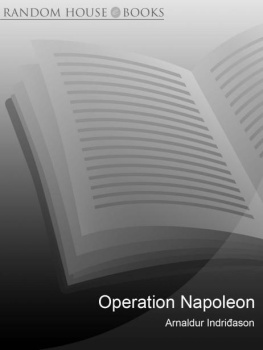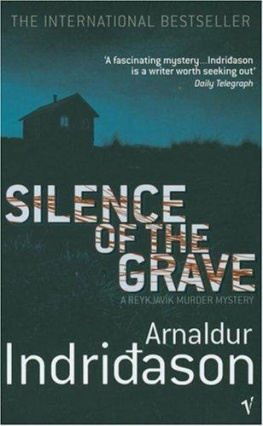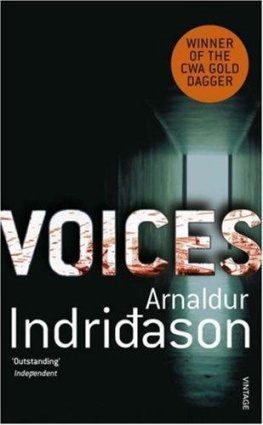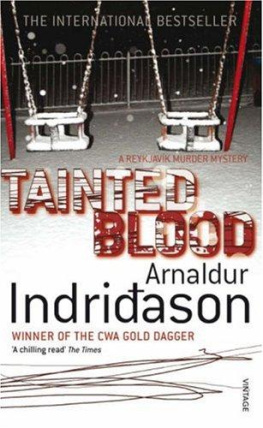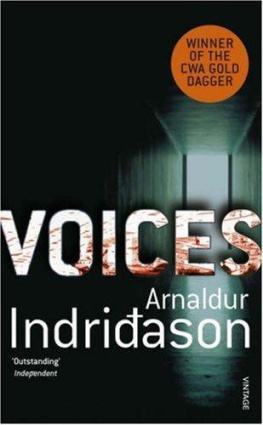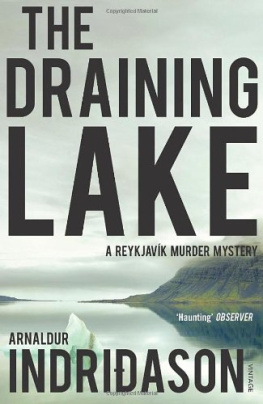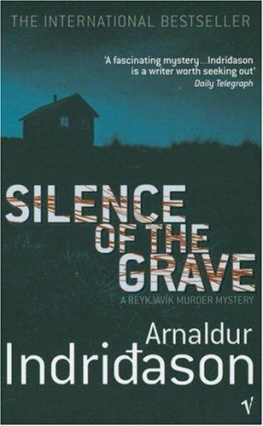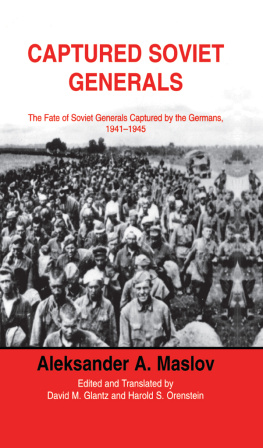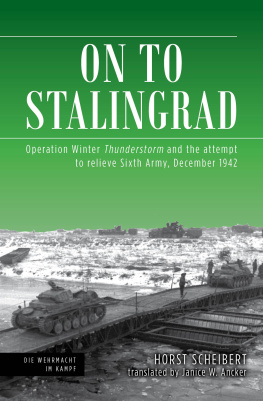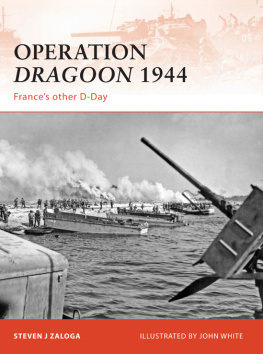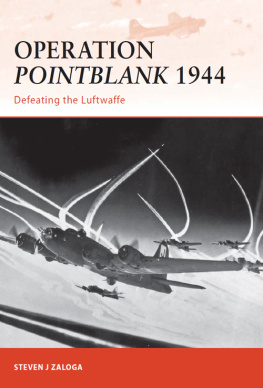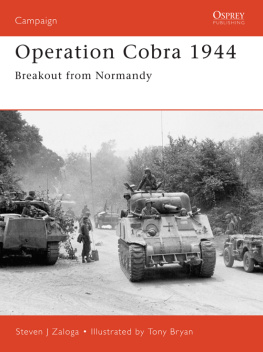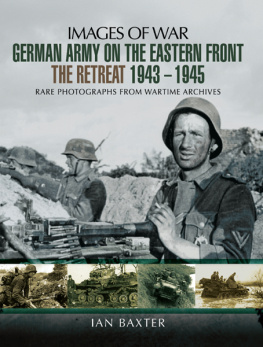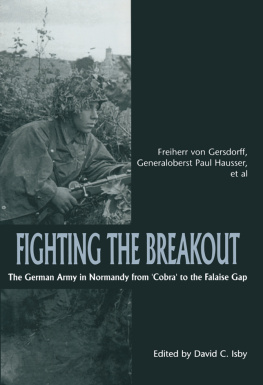Table of Contents
ALSO BY
ARNALDUR INDRIASON
IN ENGLISH TRANSLATION
TAINTED BLOOD
(FIRST PUBLISHED WITH THE TITLE JAR CITY )
SILENCE OF THE GRAVE
VOICES
THE DRAINING LAKE
ARCTIC CHILL
HYPOTHERMIA
TRANSLATEDFROM THE ICELANDICBYVictoria CribbArnaldur IndriasonLONDON
This eBook is copyright material and must not be copied, reproduced, transferred, distributed, leased, licensed or publicly performed or used in any way except as specifically permitted in writing by the publishers, as allowed under the terms and conditions under which it was purchased or as strictly permitted by applicable copyright law. Any unauthorised distribution or use of this text may be a direct infringement of the authors and publishers rights and those responsible may be liable in law accordingly.
Epub ISBN: 9781407092492
Version 1.0
www.randomhouse.co.uk
Published by Harvill Secker 2010
First published with the title Napleonsskjlin by Vaka Helgafell, Reykjavk in 1999
2 4 6 8 10 9 7 5 3 1
Copyright Arnaldur Indriason 1999
English translation copyright Victoria Cribb 2010
Arnaldur Indriason has asserted his right under the Copyright, Designs and Patents Act 1988 to be identified as the author of this work
This book is sold subject to the condition that it shall not, by way of trade or otherwise, be lent, resold, hired out, or otherwise circulated without the publishers prior consent in any form of binding or cover other than that in which it is published and without a similar condition, including this condition, being imposed on the subsequent purchaser.
First published in Great Britain in 2010 by
H ARVILL S ECKER
Random House, 20 Vauxhall Bridge Road,
London SW1V 2SA
www.rbooks.co.uk
Addresses for companies within The Random House Group Limited can be found at: www.randomhouse.co.uk/offices.htm
The Random House Group Limited Reg. No. 954009
A CIP catalogue record for this book is available from the British Library
ISBN 9781846552854
The Random House Group Limited supports The Forest Stewardship Council (FSC), the leading international forest certification organisation. All our titles that are printed on Greenpeace approved FSC certified paper carry the FSC logo. Our paper procurement policy can be found at www.rbooks.co.uk/environment
Typeset in Minion by Palimpsest Book Production Limited,
Falkirk, Stirlingshire
Printed and bound in Great Britain by
CPI Mackays, Chatham ME5 8 TD
A blizzard raged on the glacier.
He could see nothing ahead, could barely make out the compass in his hand. He could not turn back even if he wanted to. There was nothing to go back to. The storm stung and lashed his face, hurling hard, cold flakes at him from every direction. Snow became encrusted in a thick layer on his clothes and with every step he sank to his knees. He had lost all sense of time and had no idea how long he had been walking. Still cloaked in the same impenetrable darkness as when he had begun his journey, he could not even tell whether it was day or night. All he knew was that he was on his last legs. He took a few steps at a time, rested, then carried on. A few steps. A rest. A few more steps. A rest. A step. Rest. Step.
He had escaped almost unscathed from the crash, though others had not been so lucky. In an eruption of noise, the plane had skimmed the surface of the glacier. One of its engines burst into flame, then vanished abruptly as the entire wing sheared off and whirled away into the snow-filled darkness. Almost immediately the other wing was torn away in a shower of sparks, and the wingless fuselage went careering across the ice like a torpedo.
He, the pilot and three others had been belted into their seats when the plane went down but two of the passengers had been gripped with hysteria at the first sign of trouble, leaping up and trying to break into the cockpit in their panic. The impact sent them ricocheting like bullets off the sides of the cabin. He had ducked, watching them slam into the ceiling and bounce off the walls, before being catapulted past him and landing at the back of the plane where their cries were silenced.
The wreckage ploughed across the glacier, sending up clouds of snow and ice until it gradually lost momentum and ground to a halt. Then there was no sound but the howling of the storm.
Alone of the passengers, he was determined to brave the blizzard and make for civilisation. The others recommended waiting, in the hope that the storm would blow itself out. They thought everyone should stick together, but he was not to be stopped. He did not want to suffer being trapped in the plane; could not endure it becoming his coffin. With their help he wrapped himself up as well as possible for the journey, but he had not walked far in the relentless conditions before he realised he would have been better off inside the plane with the others. Now it was too late.
He tried to head south-east. For a split second before the bomber crashed he had glimpsed lights, as if from houses, and now he headed off in what he believed to be the right direction. He was chilled through and his footsteps grew heavier and heavier. If anything, the storm seemed to be growing more intense. He battled on, his strength failing with every step.
His thoughts turned to the plight of the others who had remained behind in the aircraft. When he had left them the snow had already begun to drift over the wreckage, and the scar left by its progress across the ice was filling up fast. They had oil lamps but the oil would not last long, and the cold on the glacier was unimaginable. If they kept the door of the plane open, the cabin would fill with snow. They were probably already trapped inside. They knew they would freeze to death whether they stayed in the aircraft or ventured out on to the ice. They had discussed the limited options. He had told them he could not sit still and wait for death.
The chain rattled. The briefcase was weighing him down. It was handcuffed to his wrist. He no longer held the handle but let the case drag on its chain. The handcuff chafed his wrist but he did not care. He was past caring.
They heard it long before it swooped over them, heading west. Heard it approaching through the screaming of the storm, but when they looked up there was nothing to be seen but winter darkness and stinging, wind-driven flakes. It was just before eleven at night. A plane, was their immediate thought. War had brought a fair amount of air traffic to the area as the British had a base in Hornafjrdur, so they knew most of the British and American aircraft by the sound of their engines. But they had never heard anything like this before. And never before had the roar been so close, as if the plane were diving straight for their farm.
They went out on to the front step and stood there for some time until the roar of the engines reached its height. With their hands over their ears they followed the sound towards the glacier. For a split second its dark body could be glimpsed overhead, then it vanished again into the blackness. Its nose up, it looked to be trying to gain height. The roar gradually receded in the direction of the glacier, before finally dying away. They both had the same thought. The plane was going to crash. It was too low. Visibility was zero in the appalling weather and the glacier would claim the plane in a matter of minutes. Even if it managed to gain a little height, it would be too late. The ice cap was too close.
They remained standing on the step for several minutes after the noise had died away, peering through the blizzard and straining to listen. Not a sound. They went back inside. They could not alert the authorities to the course of the plane as the telephone had been out of order since the lines came down in another storm. There had not been time to reconnect it. A familiar nuisance. Now a second blizzard had blown up, twice as bad. As they got ready for bed, they discussed trying to get through to Hfn in Hornafjrdur on horseback to report the plane once the weather had died down.

